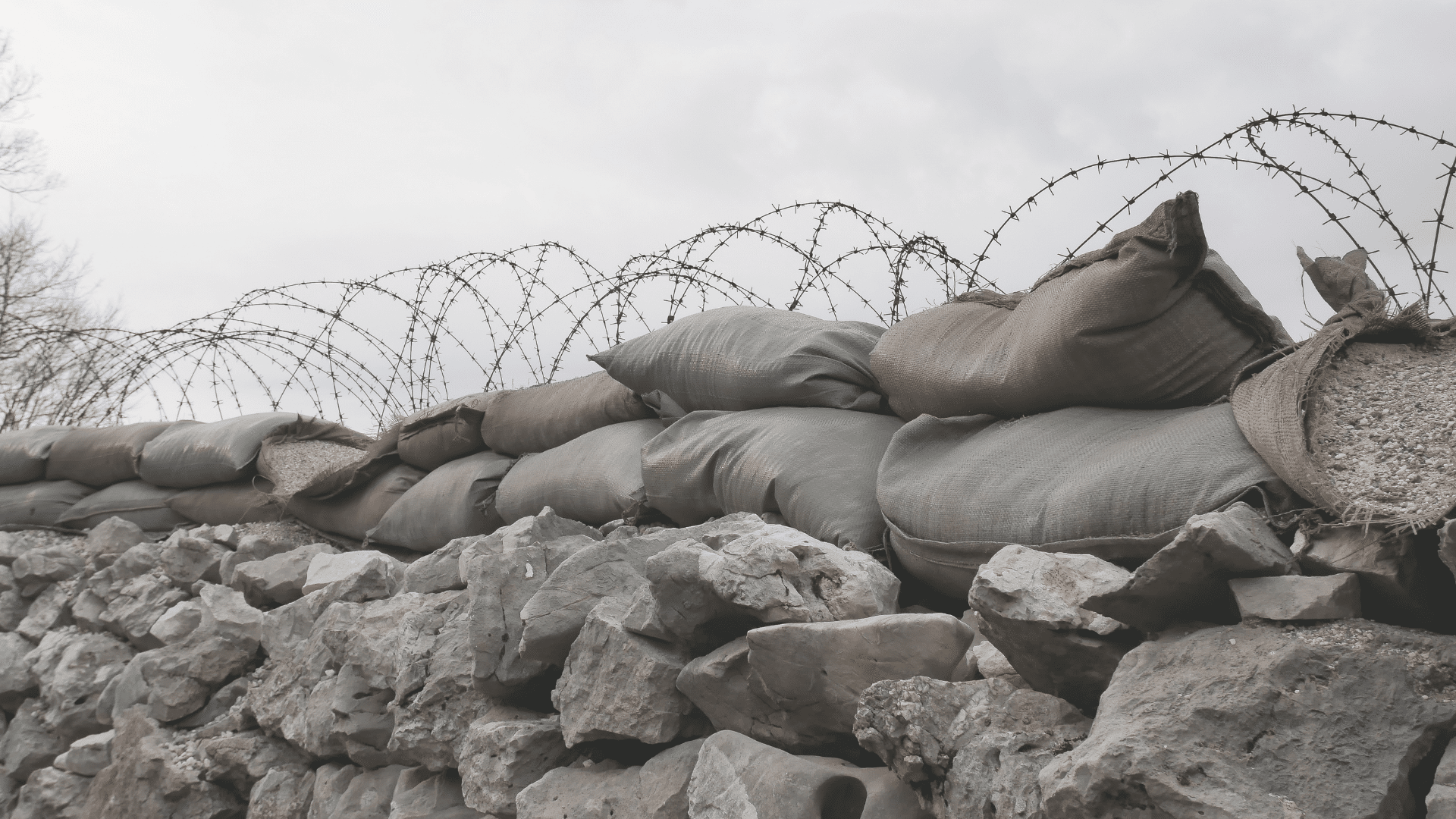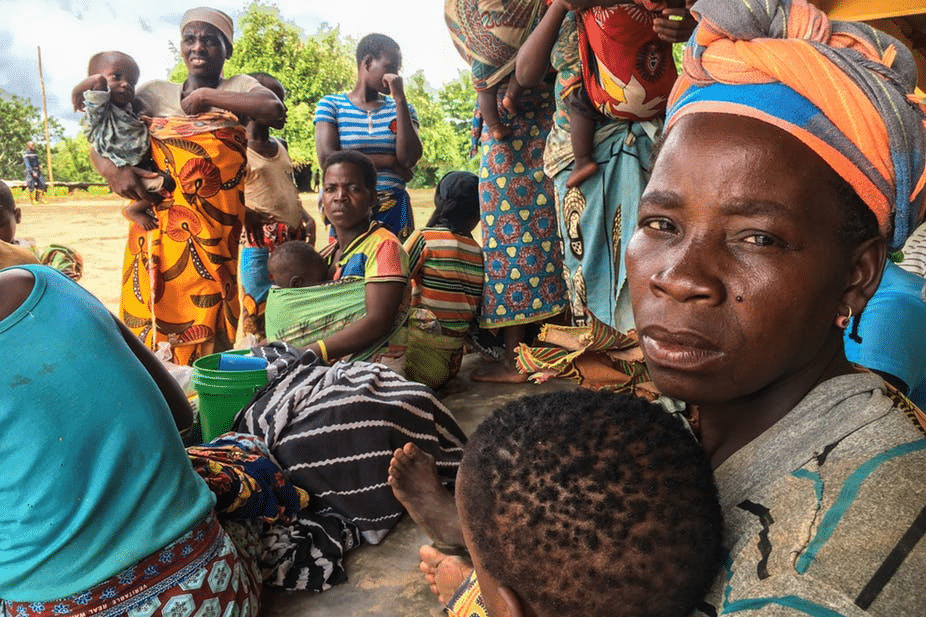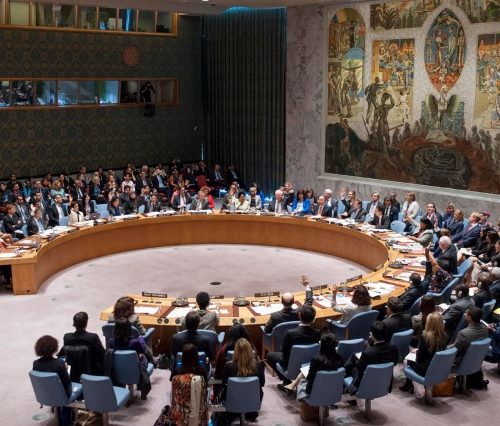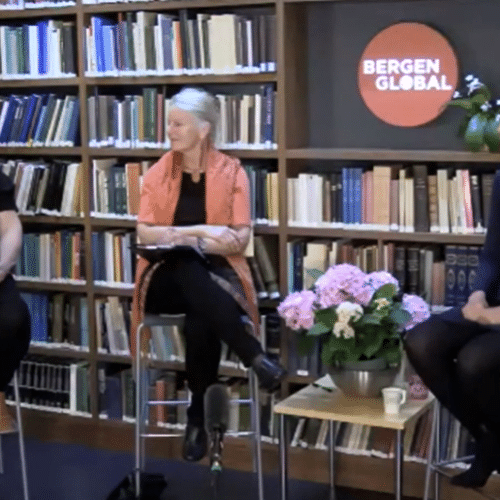However, by framing conflict-related sexual violence as first and foremost a criminal – and individualised – act, the multilayered, complex, social, and collective phenomenon of harm that it also is, is increasingly peeled away from understandings of the problem. This narrative about conflict-related sexual violence and its solution resonates and gains support because of its simplicity. It reduces sexual violence into clear-cut categories of rational, individual and evil perpetrators and powerless, broken victims – ideal causality on the one hand, massive suffering in need of legal catharsis on the other; in short, to a problem against which something can be done. Individualization of guilt corresponds poorly, however, to the collective crime and structural explanations that academic theories about conflict-related sexual violence underscore. Thus, the cost of the simplistic narrative is that the phenomenological understanding gets separated from its enabling social structures, including the collective out of which the phenomenon arises. Moreover, the deterrence rationale upon which the call for criminal prosecutions is based carries limited empirical weight.
We therefore ask for a more precise recognition of what criminal law can and cannot do with conflict-related sexual violence, and hold that the problem with the focus on ending impunity is not that it is an irrelevant task, but that it is not the solution its proponents claim it to be. Paralleling criticism of carceral feminism domestically, we see a need for greater attention to the political, economic and gendered inequalities and structures within which sexual violence take place. Conflict-related sexual violence is indeed part of a repertoire of illegitimate warfare, and a reaction to the chaotic, desperate and demoralizing experiences that war brings with it, but it is also the result of gendered hierarchies, subordination, and poverty, and a continuum of violence that transgresses war and peace.
It is important to recognize the narrative processes at work that keep favoring criminal law – and to question whose voices and what stories matter, what reality “fits,” and what complexities are lost. This is important not because criminal law is inherently bad – but because conflict-related sexual violence is not a problem that can be exclusively solved in the court room.
This post first appeared on the blog of Law & Society Review.









